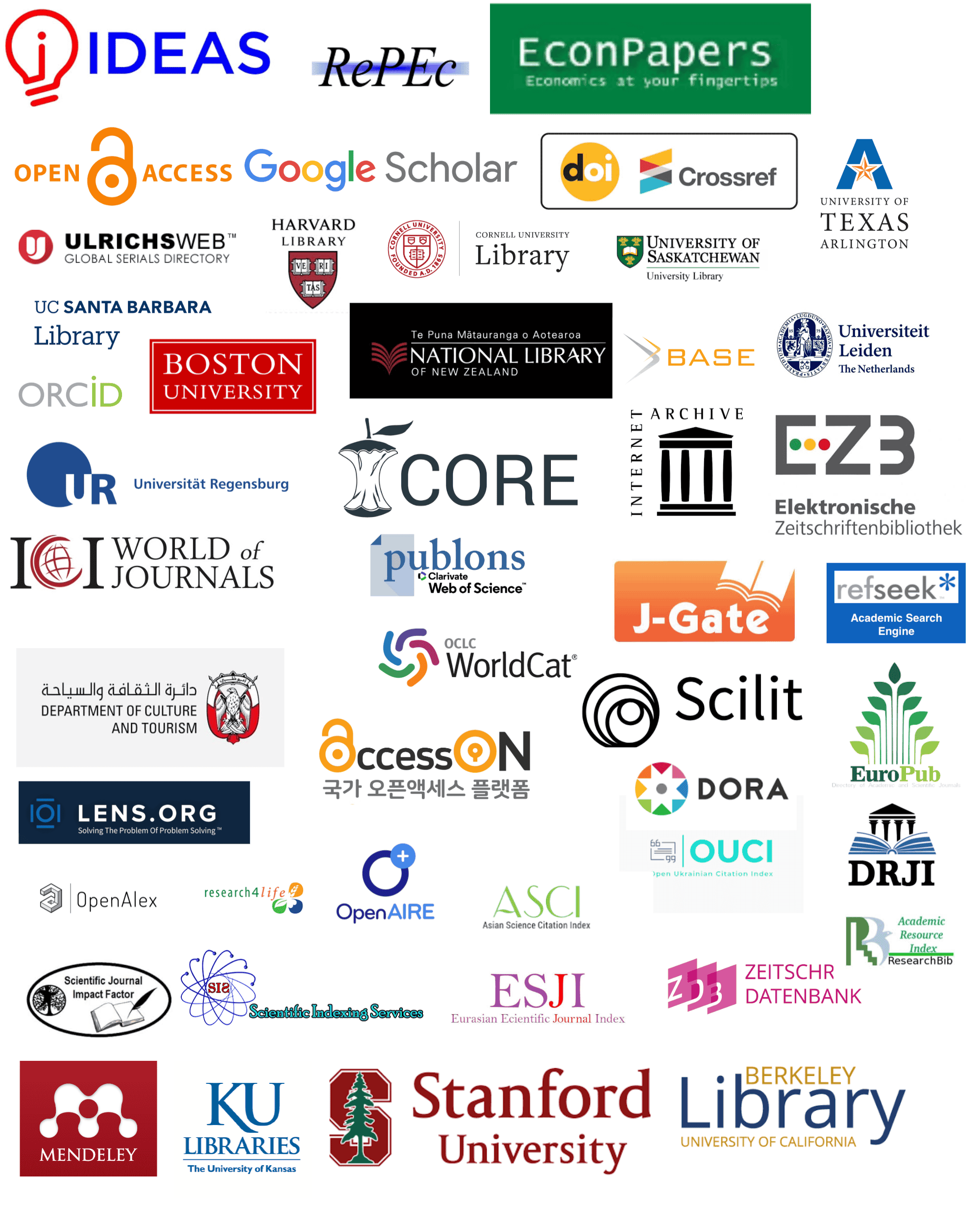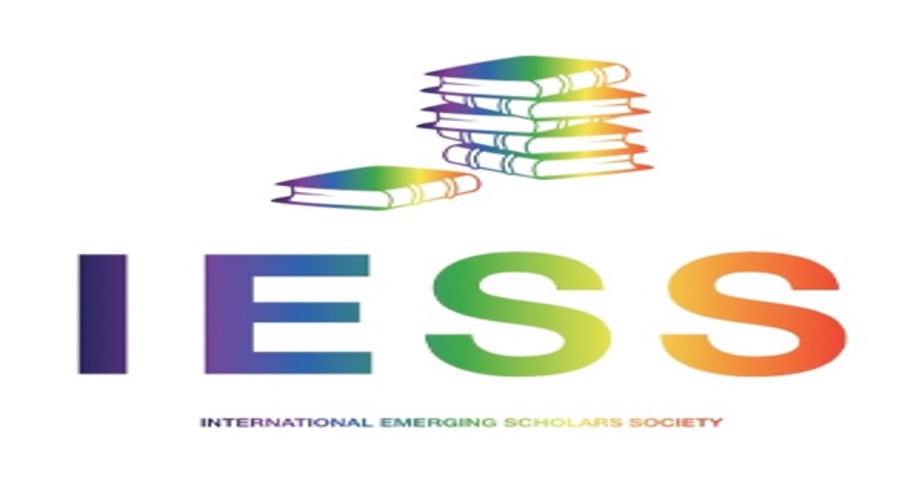Impact of technological, environmental, financial and infrastructural barriers on buyer intentions towards electric vehicles
DOI:
https://doi.org/10.56879/ijbm.v4i3.22Keywords:
Electric vehicles, consumer behavior, Kazakhstan, purchase intention, barriers, factor analysis, linear regressionAbstract
This study aims to identify key barriers that negatively affect the formation of intentions to purchase an electric vehicle (EV) in the Kazakhstan market. Despite the active global promotion of EVs as an environmentally sustainable alternative to ICE vehicles, their prevalence in developing countries remains low. The empirical part of the work is based on a quantitative approach using a questionnaire survey and statistical analysis. The survey and the results obtained allow us not only to describe the current state of EV perception in Kazakhstan, but also to suggest specific ways to overcome barriers to sustainable mobility. The study involved 200 respondents from various regions of Kazakhstan. Data analysis was carried out using factor analysis and multiple linear regression. Factor analysis confirmed that the questionnaire statements are correctly grouped into four independent constructs: technological, environmental, financial and infrastructural barriers. The factor loading coefficients of all variables exceeded the threshold value of 0.5, indicating a high degree of consistency within each block. In addition, the reliability coefficient values (Cronbach's alpha) for all four groups of barriers ranged from 0.568 to 0.741, indicating acceptable and high internal consistency of the scales. The results of multiple linear regression showed that technological and financial barriers have the greatest impact on the intention to purchase an electric car. Environmental and infrastructural barriers also play a role, but to a lesser extent. Based on the data obtained, practical recommendations are proposed for government agencies, automakers and infrastructure companies. Among them are government support measures, expansion of charging infrastructure and information campaigns. The study contributes to the understanding of behavioral barriers in the transition to sustainable transport and can be used in the development of national policies in this area.
Downloads
Published
Issue
Section
License
Copyright (c) 2025 Alinur baikonys (Author)

This work is licensed under a Creative Commons Attribution 4.0 International License.



